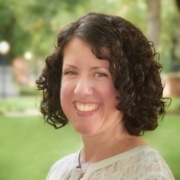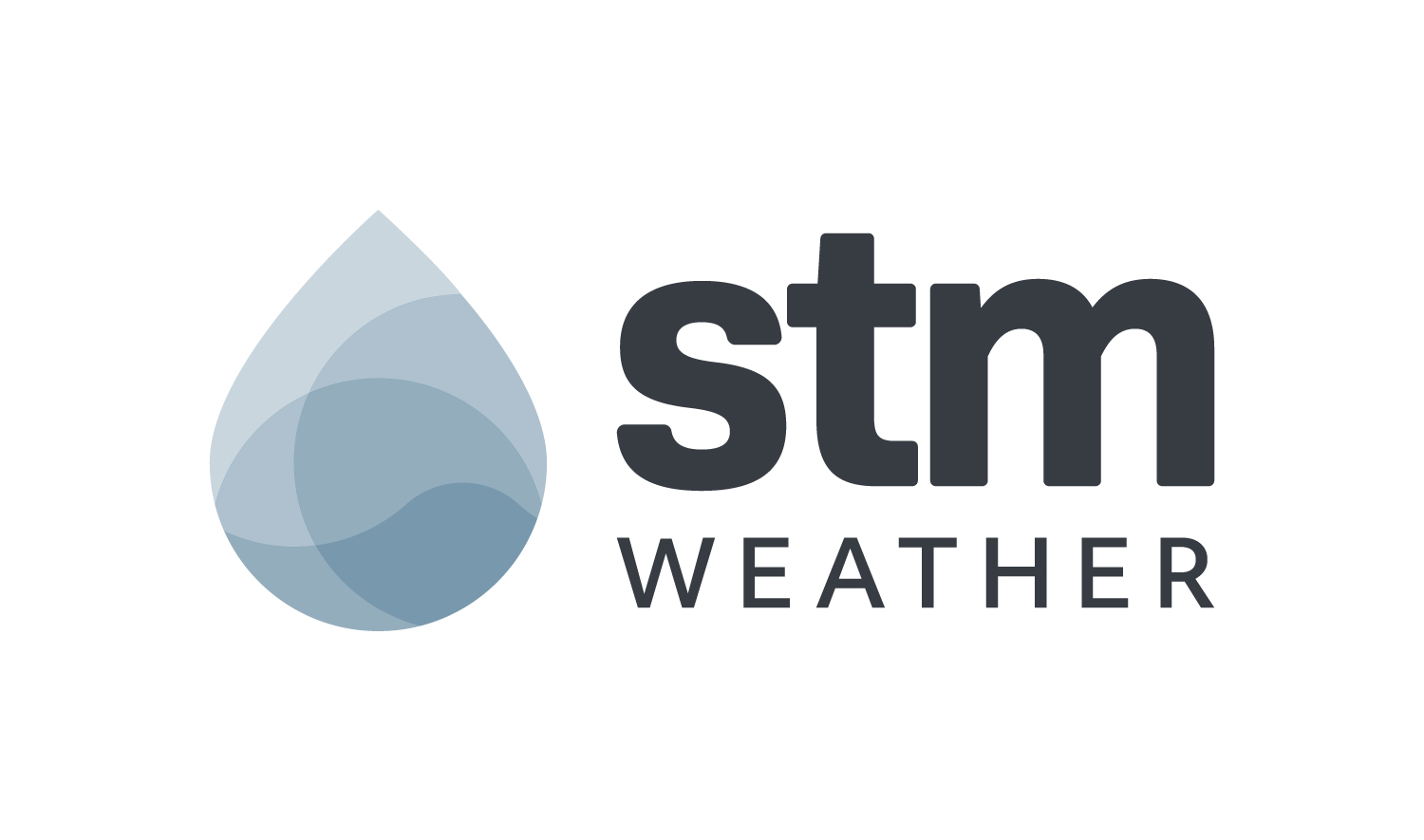Alicia Wasula, President, STM Weather

Please describe your educational background and what sparked your interest in atmospheric or related sciences.
I got my BS, MS, and PhD at the University at Albany. I always loved the focus on synoptic-dynamic meteorology and operational research. I was propelled forward in my passion for operational research through the Research Experiences for Undergraduates program at the University of Oklahoma, where I worked with Bob Johns on a project in which I investigated the relationship between jet streaks and tornadoes.
What was your first job in the field and how did you end up in the job you are in now?
My first job EVER was in a (plant) nursery! I loved working outside and still to do this day. My first job in meteorology was as a teaching assistant during graduate school, and afterwards as an adjunct instructor teaching a range of Earth Science classes at nearby colleges.
What opportunities did you pursue that you knew would be beneficial to securing a job in the profession?
My experience at Research Experiences for Undergraduates was a tremendous experience. I was able to connect with both peers and mentors whom I still stay in touch with to this day. Also, my undergraduate internships, both at the local National Weather Service office and with a local forensic meteorology firm, led to making connections which had a direct impact on the path to the position I now hold as the owner of a forensic meteorology firm.
What other courses/skills beyond the required math and science courses do you think would be the most helpful to individuals wanting a career in your profession?
I always tell my students to take a statistics class if time permits as an undergraduate—it is beneficial is almost any field. While it wasn't an explicitly required math class, I learned a lot of statistics along the way both as an undergraduate and in grad school. Also, business and communication classes are helpful for any meteorologist in the private sector. So much of consulting meteorology is explaining our results to non-scientists in a variety of contexts, both in written and oral form. It is one thing to produce scientifically sound results, and another skill altogether to be able to convey those results and their significance to the client.
What is your typical day on the job like?
|
It's never the same! I may be teaching a class, writing a report, doing business administration and development work, meeting with clients to brief them on findings, working with subcontractors, doing a talk at an elementary school, or testifying at a trial. Forensic work and being a small-business owner is so varied and wide-ranging which is both challenging and gratifying, and definitely never boring! |
What do you like most about your job? What is the most challenging thing about your job?
I love communicating to people who are not scientists about how science is relevant to them. From weather safety practices to climate change, my clients and those in their circle of influence know that weather is relevant to their lives and work, but don't always know how to get the information they need. I love being able to use my knowledge to help others and know that I am making a difference. The most challenging thing about my job is the irregular workload. Forensic work does not follow a predictable pattern. Thus, it is possible (and often happens!) that I have a steady workload of cases and teaching, only to be thrown into 'overload mode' at 3:00 PM when a client calls with work needing to be completed on a short-fuse deadline. Likewise, trial testimony is notoriously unpredictable. Trials are often adjourned multiple times, and even may settle right up to the time one is sitting outside the courtroom waiting to be called in to testify.
Does your job allow for a good work/life balance? If not, why?
Yes! 90% of what I do I can do at my home office, and on my own time schedule. This allows a great degree of flexibility for me to be present and available for my school-age kids. While I knew this was important when they were much younger, I find that it is so helpful to have the ability to rearrange my schedule to attend events during the school day or be home if a child is ill. The only events on my calendar which are more inflexible are times when I am teaching class or travelling for a trial.
Over the course of your career what is the most exciting thing that has happened to you?
Having the opportunity to work in the private sector under the mentorship of a successful business owner in the field of forensic meteorology was one of the best things that has happened during my career. The opportunity to learn the necessary business skills for several years prior to assuming ownership of my own firm was absolutely essential. Further, it was so fun to collaborate and work on projects with this individual who had such a different path through his career than I had to that point. At some point during that time, the idea that I could actually have my own successful business took shape and became a reality. It was something I had never considered as a career path until that time, and the opportunities seemed so exciting!
Is there anything you wish you had done differently in your career?
No, I feel so fortunate to have had the experiences I did as a student. I could not see how it was all going to fit to lead me toward the career I have now, so I wish I had the benefit of hindsight back then so that I could understand how important some of these experiences would turn out to be! Even having made the choice to work part-time when I had young children ended up having a positive impact on my career. While I didn't see it at the time, the years I spent as a part-time adjunct professor allowed me to develop communication skills which are instrumental in my forensic work. There is benefit in nearly every experience that comes one's way, although the impacts may not be seen for many years down the road.
What are some "must haves" on a resume if a person wants to gain employment in your field?
Good communication skills and operational research skills are a must. 90% of the research I do involves case studies of operational data, and then subsequently presenting those results to clients. Also essential are good reading comprehension, as clients often provide reams of documents which need to be reviewed and interpreted. Of course, given the lack of predictability of the schedule, good time management and organization skills are also very important.
